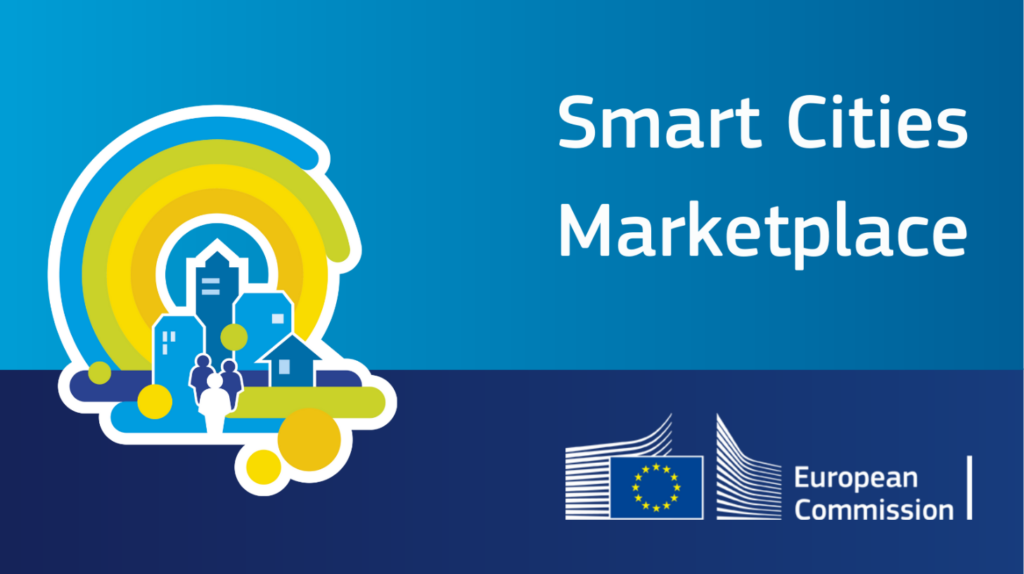The Green Cities consortium developed the blog post “Implementing Digitalisation: Concepts and Tools” under the EU-Funded Project Youth Participation for Developing Sustainable Green Cities (reference number: 2022-1-DE04-KA220-YOU-000085135). L4Y Learning for Youth GmbH is leading the project alongside partners Citizens in Power, Toplum Gönüllüleri Vakfı, Kean, Walktogether, and Kaán Károly Környezetvédelmi Egyesület.
This blogpost is based on the training content developed for the Green Cities project. For more content like this, click here. If you would like learn more about the topic, we suggest enrolling in our free online training course. In the platform, you will also find the full list of references and extra suggested reading material.
To keep up to date with the project news, follow our YouTube Channel, as well as the project’s social media pages X and Instagram. Additonally, you can also join our Discord community.
Introduction
Digitalisation is the integration of digital technologies to transform business processes, models, and operations. It goes beyond digitization, which is simply converting analog or physical data into digital formats. Therefore, digitalisation uses digital tools and platforms to optimize workflows, enhance productivity, and drive innovation. Essentially, it aims to leverage digital technologies to achieve strategic business objectives and deliver value.
Understanding Digitization, Digitalisation, and Digital Transformation
Digitization involves converting analog data and documents into digital formats. For instance, scanning a signed NDA and saving it as a PDF is an example of digitization. Consequently, this process makes information accessible, searchable, and easily retrievable. However, it doesn’t necessarily change the underlying processes.
Digitalisation, however, involves using digital technologies to transform business processes and operations. For example, scanning an NDA and uploading it to the cloud allows access anytime, anywhere. Thus, this integration of digital tools enhances productivity and efficiency across the organization. Moreover, it provides a holistic approach to leveraging digital technologies for strategic objectives.
Digital transformation is a broader shift toward using digital technologies to drive innovation and reshape business strategies. It encompasses both digitization and digitalisation. Therefore, understanding these nuances is essential for organizations aiming to thrive in today’s digital landscape. Digital transformation, consequently, represents the impact caused by digitalisation.
Applications of Digitalisation to Different Fields
Digitalisation offers solutions in various thematic areas:
Implementing Digitalisation in Security
Using real-time crime mapping, gunshot detection, and disaster early-warning systems enhances security. For instance, Japan has advanced systems for earthquake and tsunami warnings. Moreover, these technologies provide real-time data that help in making informed decisions.
Implementing Digitalisation in Healthcare
Smart technologies like telemedicine and lifestyle wearables produce vast data collections. These data help communities make data-driven decisions based on healthcare needs. Additionally, digitalisation improves the efficiency of scheduling appointments with doctors. Consequently, online care search and scheduling are now vital components of modern healthcare.
Implementing Digitalisation in Mobility
Urbanized cities can improve transportation systems through digitalisation. Smart applications include digital public transit payments, predictive maintenance, and congestion pricing. Additionally, car sharing and smart parking applications address mobility challenges. These innovations, therefore, make transportation more efficient and user-friendly.
Implementing Digitalisation in Energy
Energy management is crucial for megacities and urban areas. Digital governance can create opportunities to tackle energy challenges. Implementing smart grids and energy-efficient systems can significantly reduce energy consumption. Consequently, these technologies ensure sustainable energy use in growing urban environments.
Conclusion
In conclusion, implementing digitalisation transforms how cities operate and address challenges. From enhancing security and healthcare to improving mobility and energy management, digitalisation offers numerous benefits. By integrating digital technologies, cities can optimize resources, enhance efficiency, and drive innovation. Therefore, embracing digitalisation is crucial for creating smart, sustainable urban environments.













